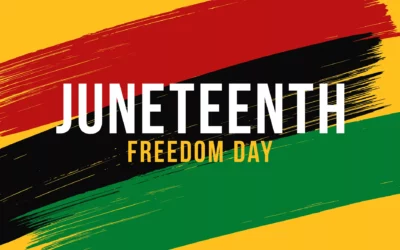As we celebrate Black History Month, it is crucial to reflect on the historical inequities that continue to impact black communities today. One such issue is the pervasive effects of redlining and its contribution to the homelessness crisis faced by black families and individuals. Redlining, a discriminatory practice that began in the mid-20th century, systematically denied access to housing, loans, and resources to predominantly black neighborhoods.
Local and national data highlight the persistent consequences of redlining within our communities. According to the Urban League’s State of Black KC report, less than 50% of black households in the Kansas City area own a home, and black homeownership has declined by 2.5% in recent years. This lack of homeownership opportunities, coupled with a low inventory of housing, presents a significant challenge in breaking the cycle of homelessness.
Redlining not only limited black families’ access to homeownership but also perpetuated racial segregation, leading to concentrated poverty and limited access to resources. The Kansas City Metropolitan Area Planning Council (MARC) confirms the enduring impact of housing discrimination in the Kansas City region. This systemic issue has created barriers to affordable housing, resulting in an increased likelihood of homelessness for black individuals and families.
Black women have been particularly affected by housing discrimination and redlining in Kansas City. The Kansas City Defender highlights the ongoing fight against housing discrimination faced by black women in the region. This discrimination and lack of access to safe and affordable housing compounds the challenges they face, increasing their vulnerability to homelessness.
The legacy of redlining reaches far beyond Kansas City. It is a nationwide issue that continues to perpetuate racial disparities in homeownership and homelessness rates. The Boston Globe highlights how racism underpins the homelessness problem in the United States, with black Americans disproportionately affected. Discriminatory lending practices, unequal access to education and employment, and the long-lasting effects of redlining have all contributed to this crisis.
Reason for Optimism
Despite these challenges, there are some positive efforts being made to address housing disparities and support black homeownership. Organizations like Keys Realty Group are working to create opportunities for black families to become homeowners and build wealth within their communities. Their mission to create a thousand new black homeowners demonstrates an active commitment to combating housing inequality.
Black History Month serves as a reminder to not only acknowledge the achievements and contributions of black individuals throughout history but also to confront the ongoing systemic issues that perpetuate inequality. By understanding the historical legacy of redlining and its impact on the homelessness crisis faced by black families and individuals, we can work towards meaningful solutions. This month, let us commit to advocating for equitable housing policies, addressing discrimination, and creating pathways to sustainable homeownership for all.









